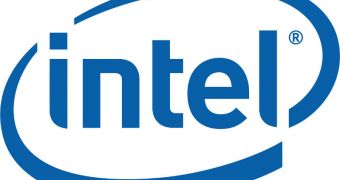Lately, Intel's Atom processors have been the target of many debates as their performances and power consumption characteristics have been attacked by AMD's first generation Fusion chips on one hand and ARM chips on the other, but the Santa Clara based company won't give up without a fight and during the Beijing IDF fair will present the first details about its Cedar Trail architecture which Intel hopes it will bring Atom on track once again.
The keynote will be held by Doug Davis, general manager of Intel's new netbook and tablet group, and is entitled “Devices and the Future of Personal Computing.”
As mentioned earlier, Intel's next generation of netbooks and tablets processors is called Cedar Trail and should start shipping in the second half of the year.
Compared to the current Atom models, these CPUs will be built using the 32nm manufacturing node and pack dual-threaded Atom cores, graphics, memory and display controllers as well as all the system I/O controllers into the same chip die.
These changes should help reduce the power consumption of the processors as well as their performance and Intel hopes that Cedar Trail will gain the acceptance of tablet manufacturers.
Right now, Intel's Atom chips have failed to get any major design wins in the slate market as all the major tablet manufacturers, such as Apple, Motorola, or Samsung, have used ARM chips for powering their creations.
Intel is trying to change this trend with the recently released Oak Trail CPU, but this is priced at a much too high $75 and it also lacks support for Android 3.0 Honeycomb, although the company is hard at work to make the chip compatible with Google's operating system.
"We are working with customers on Honeycomb devices that we expect will ship in the second half," said Larry Chao, a tablet marketing manager at Intel.
According to EETimes, Intel believes that the new Atom chips will enable slimmer netbook designs sporting larger 11- and 12-inch displays and more powerful feature sets.

 14 DAY TRIAL //
14 DAY TRIAL //